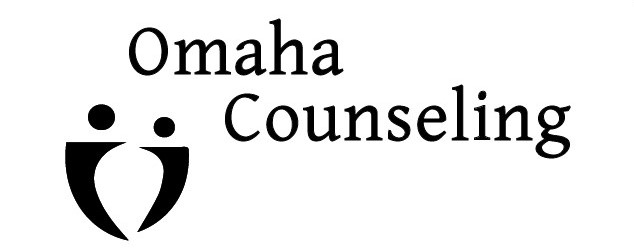“We are what we repeatedly do. Excellence, then, is not an act, but a habit.”
– Aristotle
I’m sure that most of you are familiar with the old adage, “Practice makes perfect”. You may have heard your parents, coaches, or teachers remind you of it throughout your childhood. While perfection is a lofty (and impossible!) goal to strive for, practice is where real growth and change can happen. And that growth will evolve into routine.
In the last two blog postings, I discussed the importance of slowing down and meditating, and how regularly engaging in both increases our productivity, improves our emotional well-being, and strengthens the alignment with ourselves and our partners. When we repeat these behaviors, exercises, or activities on a daily basis and over a period of time, they become habits – which ultimately evolve into a routine. Creating (and sticking with) a routine can also help you achieve your short-term and long-term goals.
To illustrate this point further, I’ll use an example from my personal life. I truly enjoy running and the mental and physical benefits it provides. So, several years ago, I decided that one of my goals would be to run the Boston Marathon. I found a training program and diligently followed it over the next 18 weeks, with the activities for each week building on what I’d accomplished just one week earlier. All the running and strength training began paying off. I was becoming stronger, had more endurance, and was gaining confidence in my running, as well as in other areas of my life. In May 2015, I qualified for the Boston Marathon, successfully ran it in April 2016, and had an amazing (yet exhausting) experience. Though it was tiring, the crowd’s energy and cheers were exhilarating, which lifted and helped me move forward to the finish line. I had met my goal…
…but it didn’t happen overnight. I had to work up to the point where running an extended distance didn’t take such a painful toll on my body and felt like an easy task. By consistently running, pushing myself a little further each training session, and being intentional with my time, I was able to achieve one of my top long-term goals.
The principle of creating habits can be applied to anything and everything you do – it’s simply about doing something over and over to become better at it. Try thinking of routines as hypothetical daily bookends; whatever routine you choose, doing it in the morning, evening, or both, will undoubtedly increase your confidence in reaching your goal. For example, if you want to learn Spanish before an upcoming trip, listening to Spanish lessons while getting ready for work and/or for bed each day is a suitable routine to help you reach your goal. What may seem like small, insignificant steps at the time will add up to a huge payoff in the end.
Though practice may not necessarily result in perfection, it will definitely keep you on track to fulfilling your dreams and achieving your goals.
TAKE-AWAY: Think about your long-term goals for a few moments. Identify the possible habits you (and your partner, if applicable) need to create to reach this goal. Which of these can be added to your daily routine? Are there any current habits or behaviors that need to decrease or stop in order for you be successful? Keep in mind that nothing has to be “big” here – only relevant, doable, and enough to cause even the slightest shift in a positive direction.


